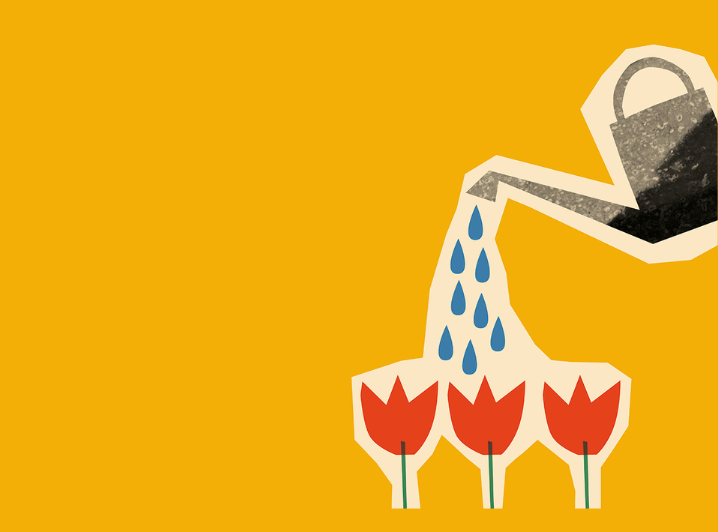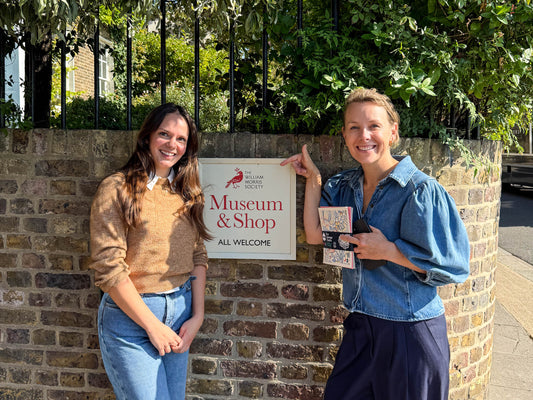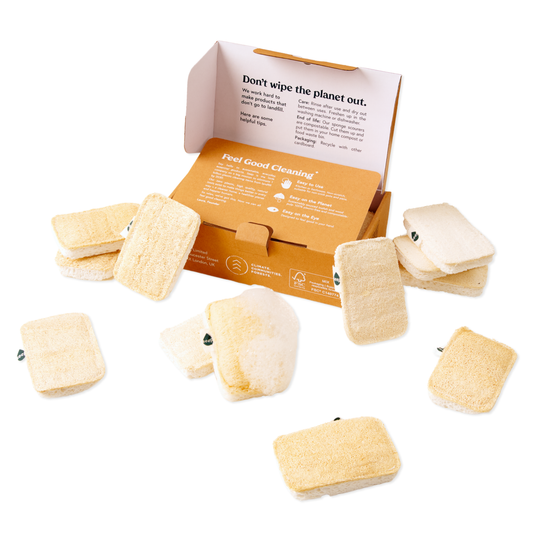
Starting an allotment? This is an exciting and fulfilling activity, not only does it allow you to cultivate fresh, organic produce right in your garden, but it also presents a wonderful opportunity to contribute to a greener and more sustainable planet.
Let’s explore the joy of starting an allotment in an eco-friendly way, with tips and guidance to help you make the most of your gardening adventure!
Choosing your plot 🤔
Before you dive into digging and planting, take a moment to carefully choose the location for your allotment. Opt for a spot that receives ample sunlight throughout the day. This will ensure your plants thrive and reduce the need for additional energy-consuming artificial lighting.
Soil health 🌱
Healthy soil is the cornerstone of a successful allotment. Begin by understanding what kind of soil you have got, here’s a handy guide from The Soil Association:
- Clay soil is heavy, difficult to dig, difficult to plant into, often poor drainage BUT retains nutrients well and gives roots a good anchor.
- Sandy soil tends to dry out due to coarse crumbly texture so struggles to retain nutrients. Seeds germinate well and sandy soil heats up more quickly than heavy.
- Loamy soil is a mixture of sand, silt and clay – probably the most desirable soil type.
- Soil pH could be worth a check to see if the soil isn’t too acidic or alkaline.
If needed, enrich the soil with organic matter like compost, which can be created right at home from kitchen scraps and garden waste - even your Seep Sponges! Composting not only reduces landfill waste but also contributes to the overall health of your garden.
Decide what to plant 🥕
Perennials come back every year, so it is worth considering planting these such as herbs (Rosemary & Mint), flowers and fruit (rhubarb, gooseberries and currants).
See a full list of perennials here.
On the other hand, rotation crops, also known as annuals, will help improve soil health. Include planting crops such as potatoes, peas, broccolis and onions. Leave a three-year gap before planting them in the same spot again.
See a full list of annuals here.
Pest Management 🐞
Maintaining a pest-free garden doesn't have to involve harmful chemicals. Embrace natural pest management techniques such as companion planting, where certain plants are grown together to repel pests. Ladybugs, spiders, and birds are also valuable allies in keeping your garden pest population in check. Plus, did you know once your Copper Scourer is finished with, copper is a great slug repellent. Cut it up around your roses and wave goodbye to pests.
Sustainable Garden Tools 👨🌾
Invest in durable, high-quality garden tools that are built to last. Opt for hand tools over power tools whenever possible to reduce energy consumption. Consider borrowing or renting tools to minimise waste and save money too. We






